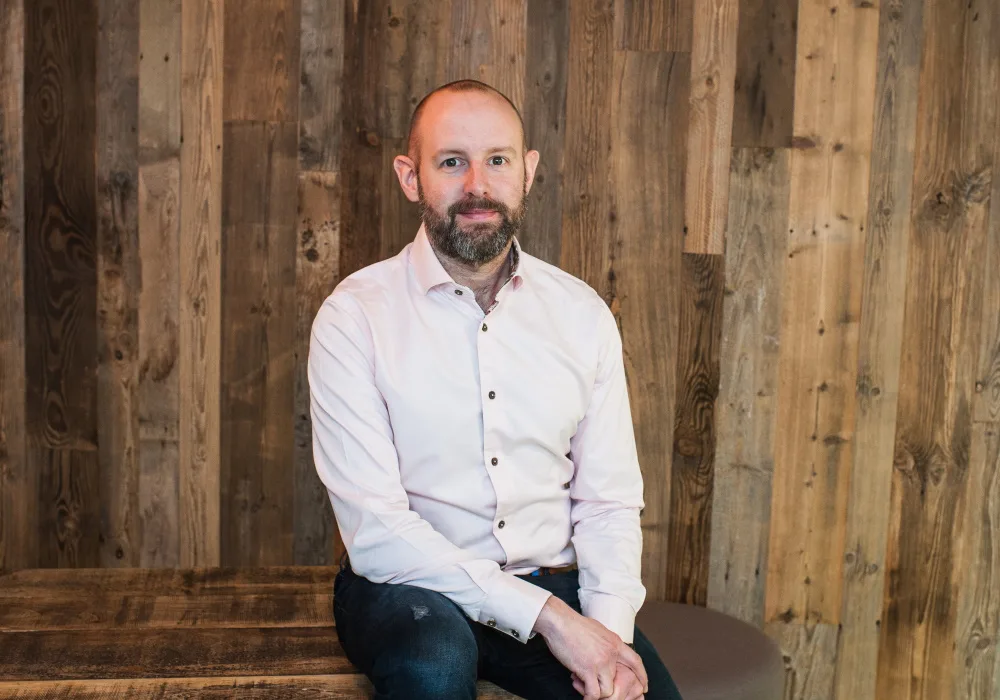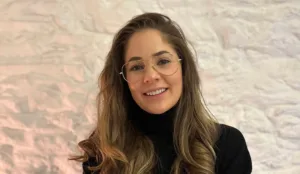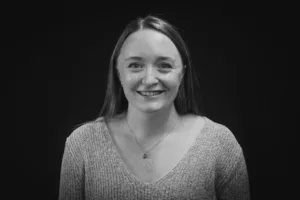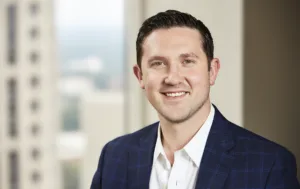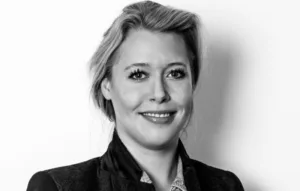Last month, IAB UK and PwC’s Digital Adspend report revealed that overall UK digital advertising spend grew by 5% to reach a total of £16.5 billion in 2020, thanks to a strong showing in the second half of the year. A 20% decline in Q2 led to adspend falling in the first half of 2020 before it bounced back with increases of 10% in Q3 and 18% in Q4.
The fastest-growing digital ad format was display, which grew 11% year-on-year, driven by a jump of 19% for both video and social. Meanwhile, digital audio – which was included in the report for the first time – grew by 17% to reach £103.7 million. Within this, there was a 43% leap in podcast spend.
“Against the narrative of what’s happening with COVID, the growth is surprising. But you have to balance that with what’s happened to digital usage,” says IAB UK CEO Jon Mew. “One of the strengths of digital is its agility and the fact that it’s easier to change things quickly. And the same applies to consumers – they’ve changed the ways that they’ve used the internet, and the internet has been a godsend during the last year, so people’s usage has gone up.
“For example, podcast listening went up 66% in the last year. When you think about factors like that, it makes sense as to why digital is still going up. But it’s incredible considering how tough it’s been for everyone in the last year.”
Mew expects that video and social will continue to be big growth areas going forward. And feels that both will be key to the survival of publishers.
“They’ve continued to dominate the ad spend story for the last few years,” he explains. “We’ve gone through the cycle of mobile the thing that dominated the ad spend story. We’ve moved on to video and social – and they will continue to grow.
“There’s so much room for growth, particularly in video. We’re entering a really exciting period with connected TV, advanced TV. So, we’re really looking forward to that. And, albeit from a smaller base, I think gaming and audio will continue to accelerate as well,” Mew continues.
“The publishers have to look to adapt as well. For some publishers, it’s been a really tough year. I think we’re going to see publishers look for other routes and other ways to try to monetise their inventory and make sure they survive.”
Adapt to survive
While the pandemic has generally worked out quite well for the IAB’s members and the wider digital advertising space, the IAB itself has also had to adapt to the changes over the past year to ensure that its members are getting the help and support they need.
At the same time, members of the trade body have increasingly come together to work on ways to improve digital advertising in the face of several hurdles.
“We’ve seen our members come together even more in the last year than ever before, working on cross-industry initiatives to make digital adverting better through things like our Gold Standard,” says Mew.
“One of the first things that we did was set up IAB UK Connected, which was an initiative to keep our members connected and allow them to share ideas and advice on how things were evolving. And it was incredibly popular. One of the most popular things we’ve ever done. It allowed people to share how they were adapting to work, schemes they were putting together, how they were supporting their teams, what they were doing about work-from-home practices,” he continues.
“We’ve also been putting together free research for brands that have been impacted by COVID. And there’s a continued focus on trying to make sure that people come back to a digital advertising world better than when they left it.”
Though measures have had to be put in place due to the pandemic, some of the developments that the IAB – and the wider industry – has made were already in the works prior to COVID.
The upcoming ‘death of the cookie’, and a host of other changes to the ecosystem, has meant that the industry would’ve had to launch many of the initiatives it has launched in the past year anyway, whether or not there was pandemic. The industry was already taking a hard look at itself and the pandemic was just a little bit more of a nudge.
“Regardless of the pandemic, we, the industry, recognise there’s a need to change. We can’t continue the way things are at the moment. We’ve lost the narrative from a policy point of view around cookies. We need to operate differently; we need to create something different,” suggests Mew.
“If you wind back a year and think back to the IAB ALM, which was before the pandemic, we announced Rearc, which was our big initiative to get the industry to come together because we knew things were changing. We saw the announcement from Google and we knew we had to do something. Our firm belief is that we can do that better if we work together, and if we work collectively to adapt. So, that was happening anyway. And that has to happen.”
Road to recovery
As we move out of the pandemic, the IAB will focus on helping the industry to recover because, though it has been a growth story for some, others haven’t been so lucky.
Beyond that, the trade body will continue to prioritise the things it has for the last few years, maintaining its focus on “tackling and addressing the big issues”, according to Mew.
“Making sure the industry is doing the right thing for the long-term health of digital advertising is critical. And that’s obviously a hard ask when people’s revenues have been hit, but companies are still continuing to do it,” says Mew.
“It’s encouraging when you look at the companies that are getting involved with initiatives like the Gold Standard. People still want to ensure that their ad dollars are going in the right places. And we’re supporting companies that are doing the right thing for the industry.
“It’s not been an easy year for people – personally or in businesses. It’s been difficult. But there have been some massive opportunities throughout the pandemic. The fact that digital has grown is testament to its effectiveness and to its agility. But we know that not everyone would have felt that and we need to work hard to ensure that everyone gets the opportunity to grow again in the future,” he concludes.


